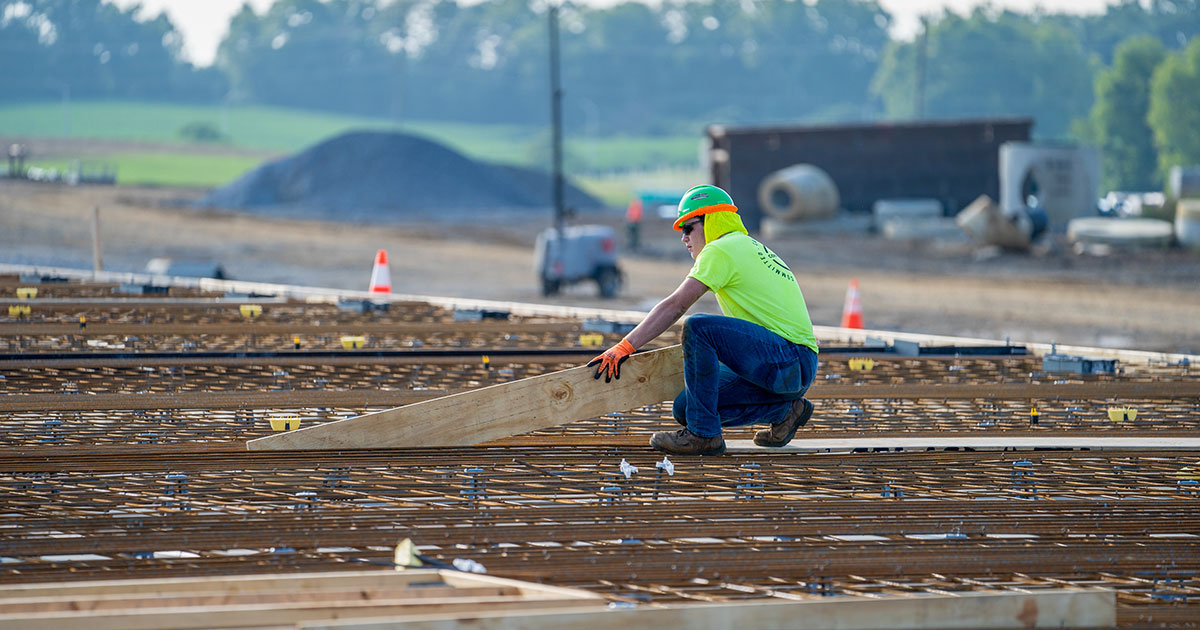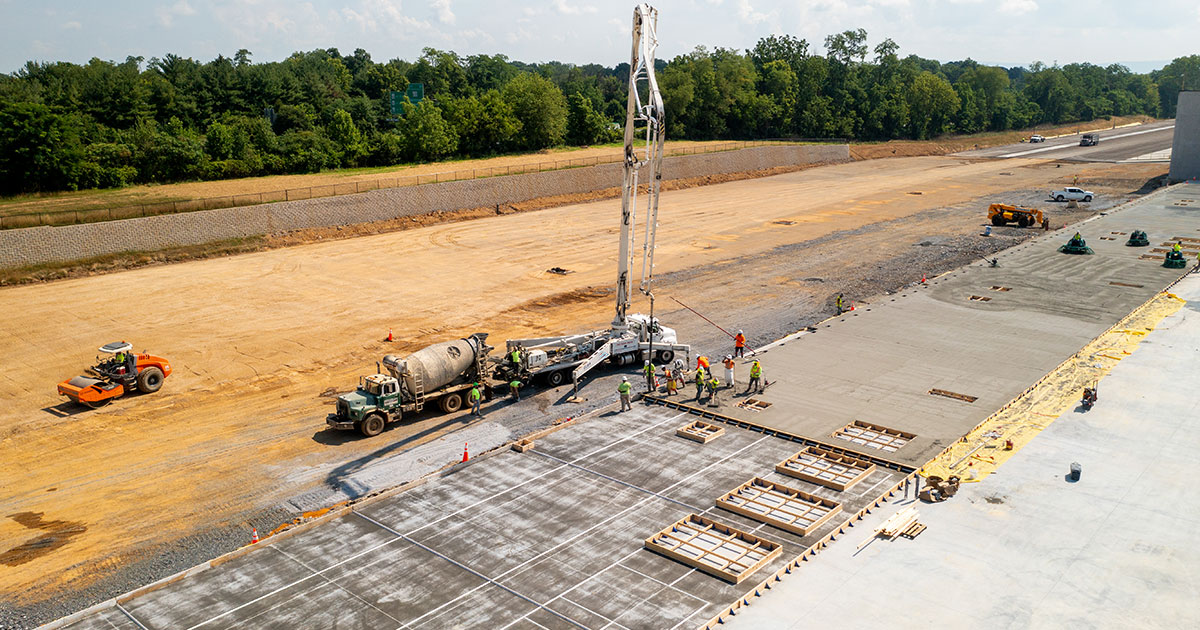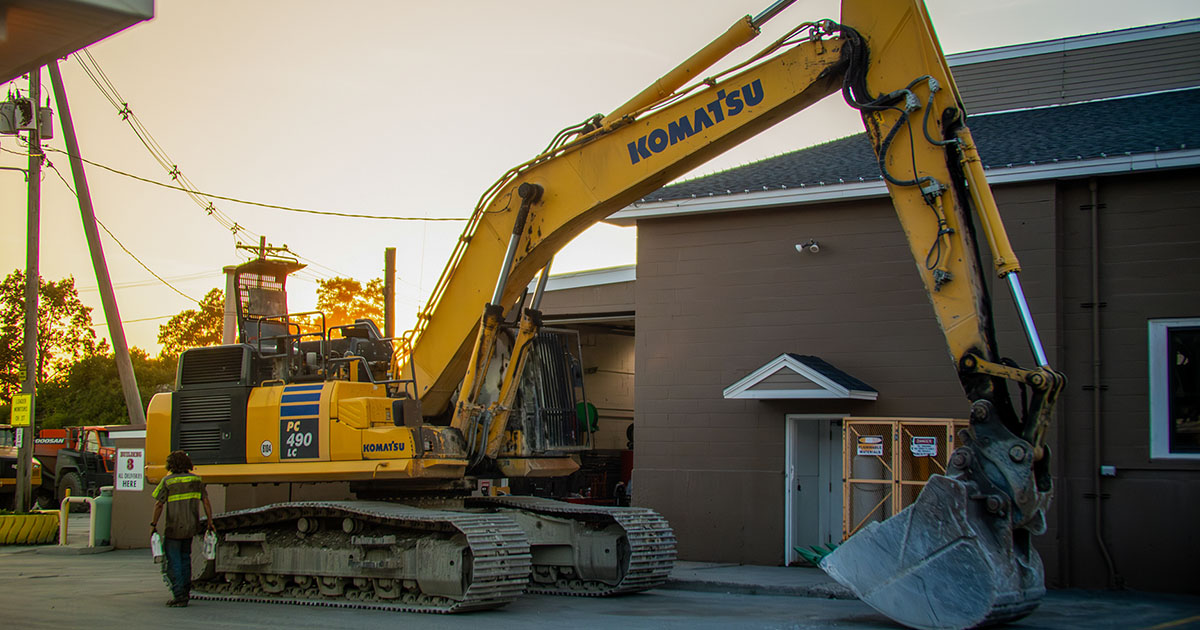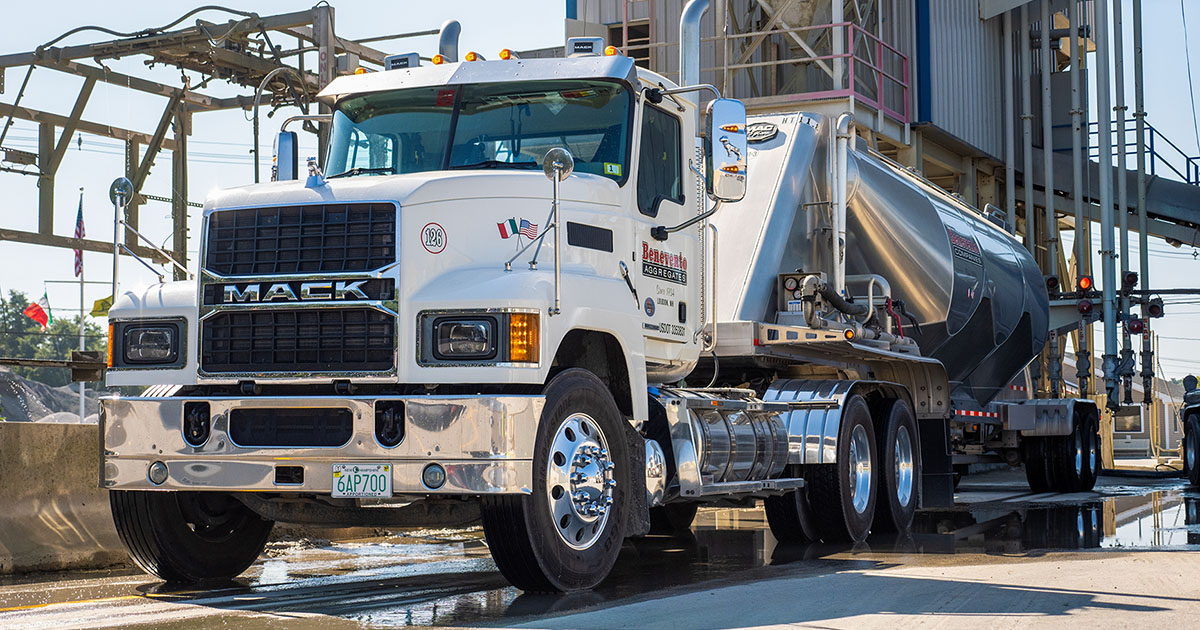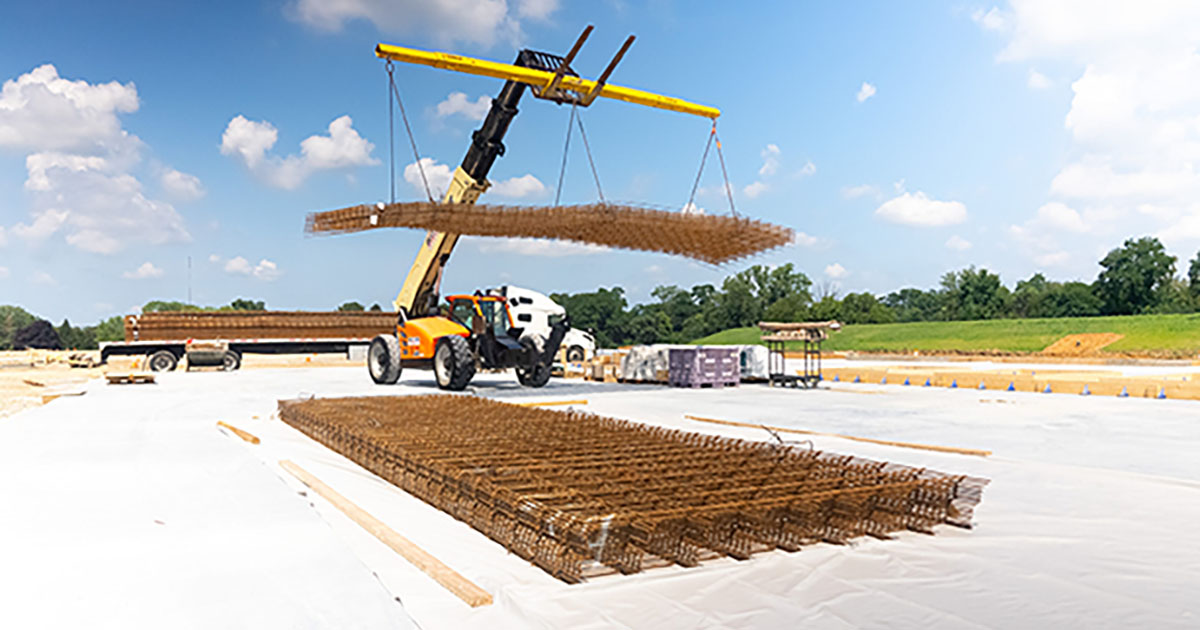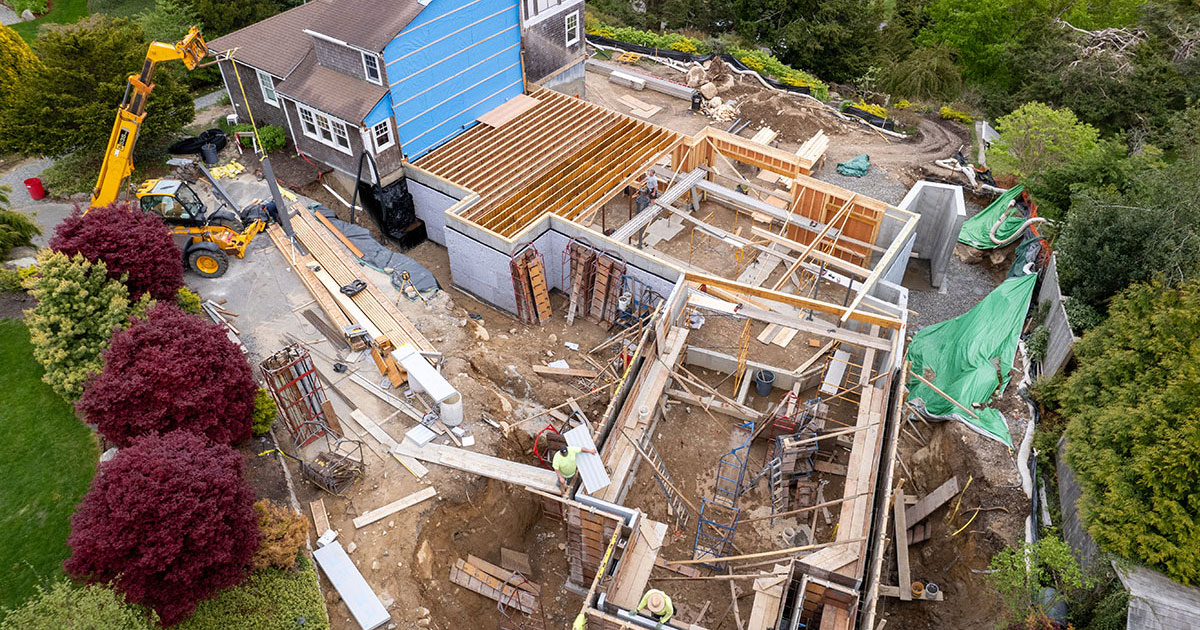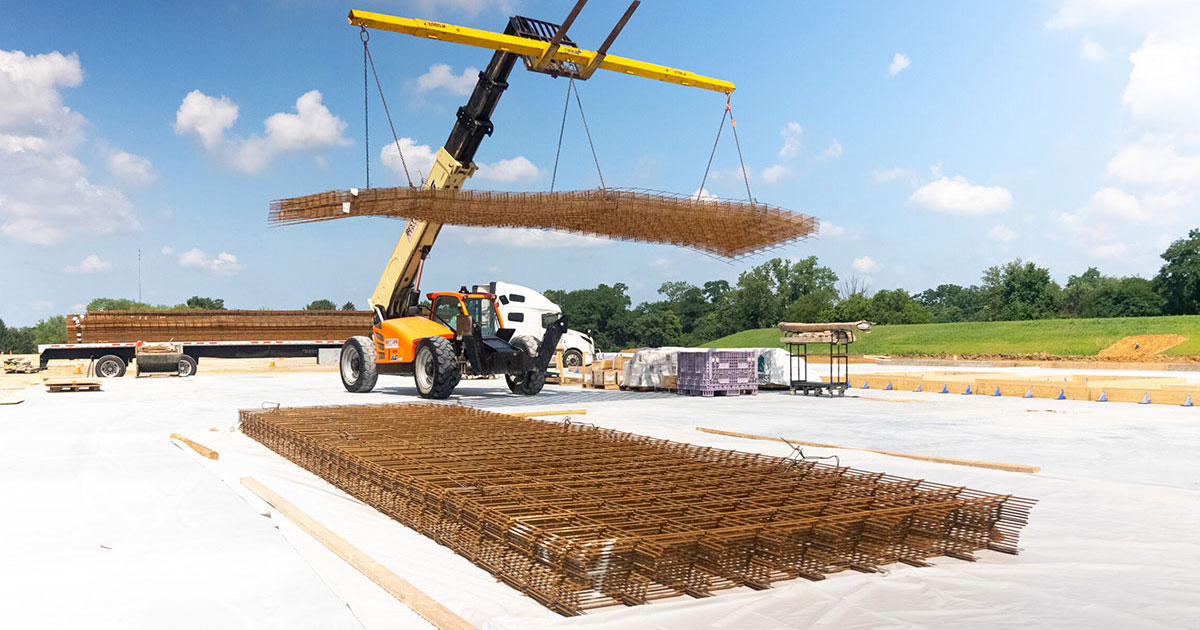
Choosing the Best Contractor Website Builder for Your Business
In today’s digital landscape, having a professional website is essential for contractors looking to stand out, attract clients, and showcase their expertise. A great website serves as more than just an online brochure—it’s a powerful tool for lead generation, client engagement, and establishing credibility. For contractors who want to build a strong online presence quickly and cost-effectively, using a contractor website builder can be an excellent option. If you’re looking for a more customized and professional website, contact us for a free consultation.
In this guide, we’ll explore what to look for in a contractor website builder, key features to prioritize, and the benefits of using website builders to create a high-impact website for your business.
1. What is a Contractor Website Builder?
A website builder is an online platform that allows users to create websites without needing advanced coding skills. Website builders often come with drag-and-drop interfaces, templates, and pre-designed elements that simplify the process of creating a professional-looking website. A contractor website builder is tailored to the needs of contractors, providing features and tools designed specifically for showcasing projects, capturing leads, and building trust with potential clients.
Benefits of Using a Contractor Website Builder:
- Cost-Effective: Compared to hiring a custom web developer, website builders are often more affordable.
- User-Friendly: No technical expertise is required, making it easy for contractors to build and manage their own websites.
- Customizable Templates: Many builders offer templates specifically designed for contractors, including layouts for service pages, portfolios, and contact forms.
- Quick Setup: Website builders allow you to get your site up and running quickly, so you can focus on what you do best—your contracting work.
A contractor website builder can be a valuable tool for establishing a professional online presence without breaking the bank.
2. Key Features to Look for in a Contractor Website Builder
Not all website builders are created equal. When a contractor is choosing a website builder, it’s important to prioritize features that will help you create a website that meets your business needs and attracts potential clients.
Must-Have Features for Contractors:
- Customizable Templates: Look for templates designed specifically for contractors, with sections for services, portfolios, and testimonials.
- Responsive Design: Your website must be mobile-friendly to ensure a seamless experience for users on all devices.
- SEO Tools: Ensure the builder includes tools for optimizing meta tags, URLs, and content to improve search engine rankings.
- Drag-and-Drop Editor: A simple, user-friendly editor allows you to make changes and updates easily, without needing coding skills.
- Project Galleries: Showcase your completed projects with high-quality images, descriptions, and filters that help potential clients find relevant examples.
- Lead Capture Forms: Include customizable forms for inquiries, estimates, or consultations to convert visitors into leads.
- Integration with Third-Party Tools: Connect your site with social media, analytics, or customer relationship management (CRM) tools to enhance its functionality.
By selecting a website builder with these features, you can create a professional, high-performing site that meets your goals.
3. Top Contractor Website Builders to Consider
There are many website builders on the market, but only a few are well-suited for contractors. Here are some of the best options to consider based on ease of use, features, and overall value:
WordPress.com
- Pros: Highly customizable, with thousands of themes and plugins available. Ideal for contractors who want more control over their site’s functionality.
- Cons: There can be a steeper learning curve, and some customizations may require technical knowledge.
Squarespace
- Pros: Known for its clean, modern designs and user-friendly editor. Squarespace offers great options for creating visually appealing portfolios and integrating client testimonials.
- Cons: Slightly more challenging for beginners compared to other builders.
Wix
- Pros: Offers a drag-and-drop editor, customizable templates, and built-in SEO tools. Wix also has features like image galleries and contact forms, making it a strong option for showcasing projects.
- Cons: Limited flexibility for large, complex sites. Some advanced features require premium plans.
Weebly
- Pros: Simple and easy to use, with good options for service pages, image galleries, and lead capture forms.
- Cons: Fewer customization options compared to other platforms.
GoDaddy Website Builder
- Pros: Offers fast setup, a drag-and-drop editor, and built-in marketing tools. Great for contractors looking for a straightforward option.
- Cons: Limited customization for more advanced users.
Choosing the right builder depends on your specific needs, preferences, and level of technical expertise.
4. Creating a High-Impact Contractor Website
Building a contractor website with a website builder doesn’t end with choosing a platform. To create a site that drives results, you need to focus on design, content, and user experience.
Steps to Building an Effective Contractor Website:
- Choose a Template: Select a template that aligns with your brand and business goals. Opt for clean, professional designs that emphasize your services and projects.
- Add Essential Pages: Include key pages like “Home,” “About Us,” “Services,” “Portfolio,” and “Contact.”
- Showcase Your Work: Use high-quality images of completed projects. Include descriptions, challenges faced, and how your team delivered results.
- Optimize for SEO: Incorporate relevant keywords throughout your site, optimize page titles and meta descriptions, and ensure your content is engaging and easy to read.
- Integrate Contact Forms: Make it easy for visitors to reach out by including contact forms, quote request buttons, and other lead capture tools.
- Test for Mobile Compatibility: Use the builder’s tools to preview and optimize your site for mobile devices, ensuring a seamless user experience.
By following these steps, you can create a high-impact website that attracts and engages potential clients.
5. SEO Best Practices for Contractor Websites
SEO (Search Engine Optimization) plays a critical role in ensuring your website ranks well on search engines. When using a contractor website builder, make sure to follow these SEO best practices:
On-Page SEO Tips:
- Use Relevant Keywords: Include keywords that potential clients are likely to search for, such as “residential contractor,” “commercial remodeling,” or “[City] home builder.”
- Optimize Meta Titles and Descriptions: Each page should have a unique, keyword-rich meta title and description.
- Add Alt Text to Images: Provide descriptive alt text for all images to improve accessibility and SEO.
- Create Engaging Content: Regularly update your site with blog posts, guides, and case studies that showcase your expertise.
- Focus on Local SEO: Incorporate location-specific keywords and optimize your Google My Business listing to improve local search rankings.
Effective SEO strategies help ensure your website appears at the top of search results when potential clients are looking for contractors.
6. Highlighting Your Services and Expertise
Your website should clearly communicate what you offer and why clients should choose you. Use your contractor website builder to create detailed service pages that outline your areas of expertise and the benefits of working with your team.
Tips for Showcasing Services:
- Create Dedicated Pages: Each service, such as “Home Renovations,” “Commercial Builds,” or “Project Management,” should have its own page.
- Include High-Quality Visuals: Use images, videos, and infographics to showcase your work.
- Add Testimonials: Client testimonials provide social proof and build trust with new visitors.
- Use Calls-to-Action (CTAs): Encourage visitors to contact you or request a quote with clear, compelling CTAs.
Highlighting your services and expertise makes it easy for potential clients to see what sets you apart from competitors.
7. Integrating Lead Generation Tools
A successful contractor website should convert visitors into leads. Your contractor website builder should offer tools for capturing and nurturing leads, such as:
Lead Generation Tools:
- Contact Forms: Add forms to key pages, making it easy for clients to reach out.
- Live Chat: Offer instant support and capture lead information through live chat or chatbot features.
- Landing Pages: Create dedicated landing pages for promotions, campaigns, or specific services to drive conversions.
By integrating these tools, you can capture more leads and turn visitors into paying clients.
8. Importance of Mobile Optimization and Speed
In today’s mobile-driven world, many potential clients will visit your website using smartphones or tablets. Ensuring your website is optimized for mobile devices and has fast load times is crucial for providing a positive user experience and reducing bounce rates.
Tips for Mobile Optimization and Speed:
- Responsive Templates: Choose a contractor website builder with responsive templates that automatically adapt to different screen sizes.
- Optimize Images and Files: Compress images and minimize file sizes to speed up your site’s loading time.
- Minimize Plugins and Scripts: Limit the use of heavy plugins or unnecessary scripts that could slow down your website.
A fast, mobile-friendly website not only improves user satisfaction but also contributes to better search engine rankings.
9. Enhancing User Experience (UX)
User experience plays a significant role in keeping visitors on your website and guiding them through the decision-making process. An intuitive, easy-to-navigate website makes it easier for potential clients to find the information they need and encourages them to take action.
Ways to Improve User Experience:
- Clear Navigation Menus: Organize your menu structure so that key pages (e.g., “Services,” “Portfolio,” “Contact”) are easy to find.
- Search Functionality: Consider adding a search bar to help users quickly locate content.
- Readable Fonts and Layouts: Use legible fonts, ample whitespace, and well-structured layouts to enhance readability.
- Quick Load Times: Ensure that pages load quickly to avoid losing impatient visitors.
By focusing on user experience, you create a website that’s both user-friendly and conversion-focused.
10. Incorporating Client Testimonials and Social Proof
Client testimonials, reviews, and case studies provide powerful social proof that can convince potential clients of your expertise and reliability. Your contractor website builder should allow you to easily add and highlight these elements.
Effective Ways to Showcase Social Proof:
- Dedicated Testimonial Section: Create a section on your homepage or a dedicated page that features client feedback and success stories.
- Video Testimonials: If possible, use video testimonials to add a personal touch and make your site more engaging.
- Case Studies: Share in-depth case studies that outline project challenges, solutions, and results, emphasizing your problem-solving skills and quality of work.
Including social proof helps build trust and credibility with potential clients, making them more likely to reach out to you.
11. Customizing Your Brand’s Identity
Consistency in branding across your website is essential for creating a memorable and professional image. Your contractor website builder should allow you to customize your site’s colors, fonts, and imagery to reflect your unique brand identity.
Branding Tips:
- Logo and Color Scheme: Use your company’s logo and consistent colors throughout the site for a cohesive look.
- Custom Fonts: Select fonts that align with your brand’s personality, whether it’s bold and modern or classic and elegant.
- High-Quality Imagery: Include photos of your team, equipment, and completed projects to personalize your brand.
A strong, recognizable brand identity sets you apart from competitors and makes your business more memorable to clients.
12. Integrating Analytics for Performance Tracking
Tracking and analyzing website performance is critical for understanding how visitors interact with your site and identifying areas for improvement. Many contractor website builders offer built-in analytics tools or can integrate with third-party platforms like Google Analytics.
Key Metrics to Monitor:
- Traffic Sources: Determine how visitors are finding your site (e.g., organic search, social media, referrals).
- Conversion Rates: Measure how many visitors take desired actions, such as filling out a contact form or requesting a quote.
- Bounce Rate: Identify pages where visitors leave without taking any action and look for ways to improve engagement.
- Page Views and Time on Site: See which pages are the most popular and where visitors spend the most time.
By regularly reviewing analytics data, you can make informed decisions to optimize your website and enhance user experience.
13. Security and Maintenance Considerations
A secure, well-maintained website is essential for protecting your business and client data while ensuring a smooth user experience. Look for contractor website builders that prioritize security and offer easy maintenance options.
Security Features to Look For:
- SSL Certificates: Ensure your site uses HTTPS encryption to protect data and build trust with visitors.
- Regular Updates: Choose a builder that provides updates to address security vulnerabilities and enhance performance.
- Backup and Restore Options: Look for builders that offer regular backups and easy restore functions in case of data loss.
Investing in security and maintenance helps protect your reputation and provides peace of mind to both you and your clients.
14. Utilizing Blogs and Educational Content
Blogging and educational content help establish you as an industry authority and provide value to your audience. Many contractor website builders offer built-in blogging tools that make it easy to create and manage content.
Content Ideas for Contractors:
- Project Tips and Advice: Share articles on topics like “Tips for Preparing for a Home Renovation” or “How to Choose the Right Contractor.”
- Industry Trends: Write about emerging trends in construction and how your company stays ahead of the curve.
- FAQ and Guides: Address common client questions, such as permitting requirements or material selection.
Regularly publishing valuable content improves SEO, drives traffic, and builds credibility with potential clients.
15. Comparing Free vs. Paid Plans
When choosing a contractor website builder, you’ll need to consider whether to use a free plan or invest in a paid plan. Each option has its pros and cons.
Free Plans:
- Pros: Cost-effective, ideal for small budgets, and often includes basic features.
- Cons: Limited customization, ads may appear on your site, and fewer advanced features are available.
Paid Plans:
- Pros: Access to premium features like custom domains, advanced SEO tools, and e-commerce capabilities.
- Cons: Higher cost, but usually worth it for businesses that want more control and a professional online presence.
Deciding between free and paid plans depends on your business goals, budget, and the level of customization you need.
Build an Effective Website with the Right Contractor Website Builder
A contractor website builder provides a cost-effective, user-friendly way to create a professional and impactful website. By choosing the right platform, focusing on key features, and optimizing for user experience and SEO, you can establish a strong online presence that attracts clients, showcases your expertise, and drives business growth. Invest time in creating a high-quality website that reflects your brand and sets your business apart in a competitive market.

